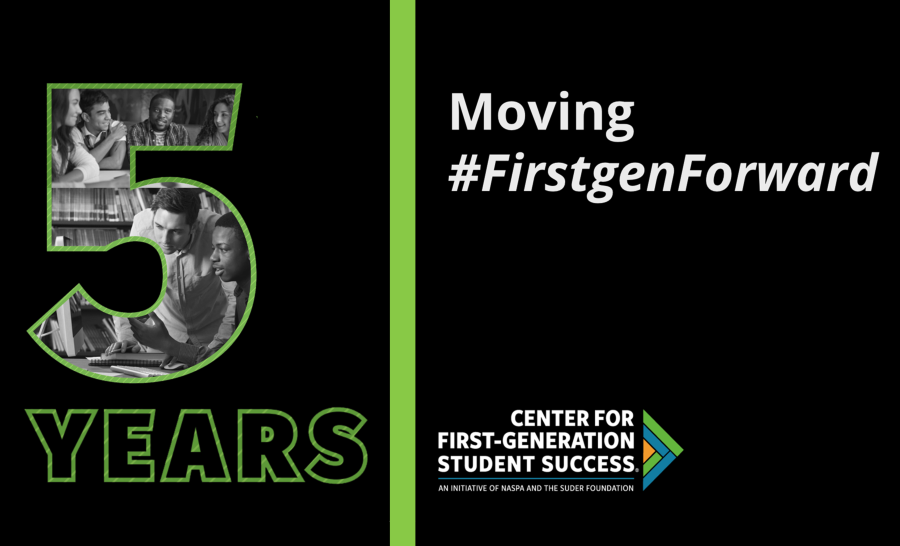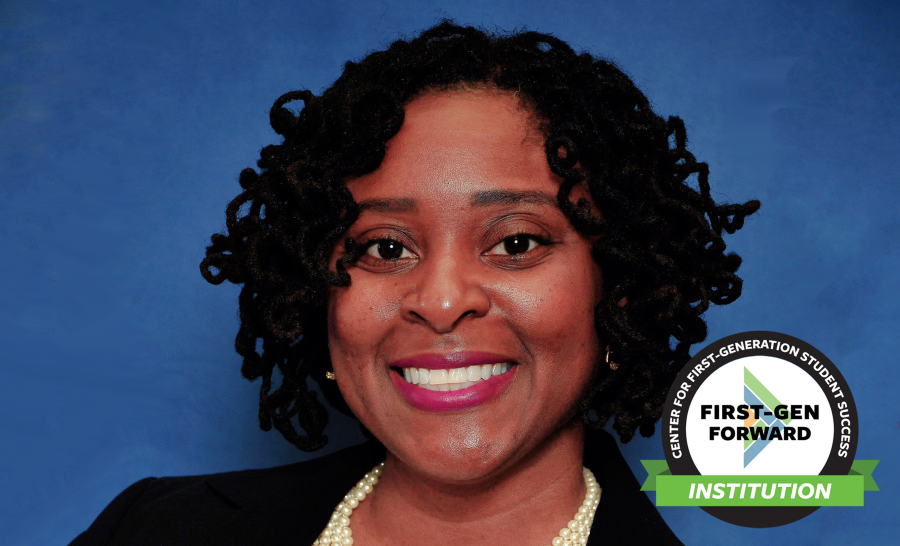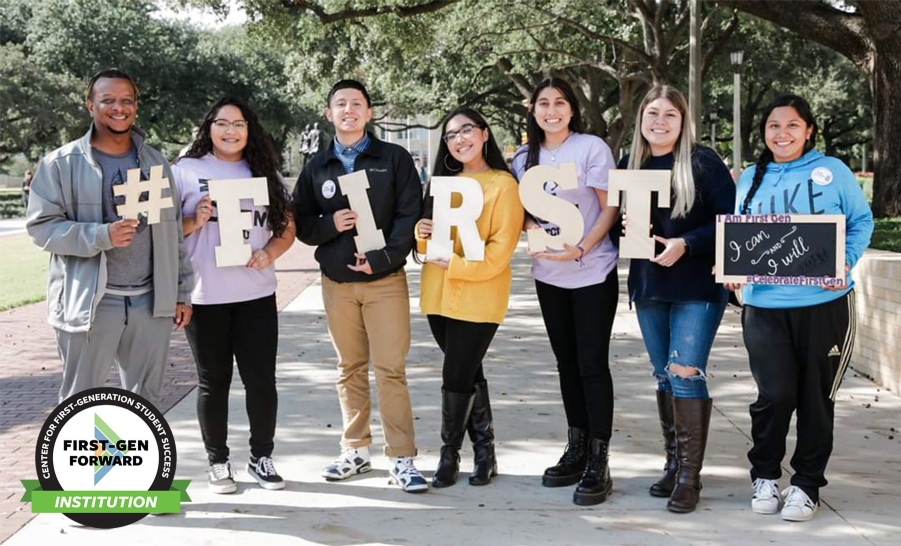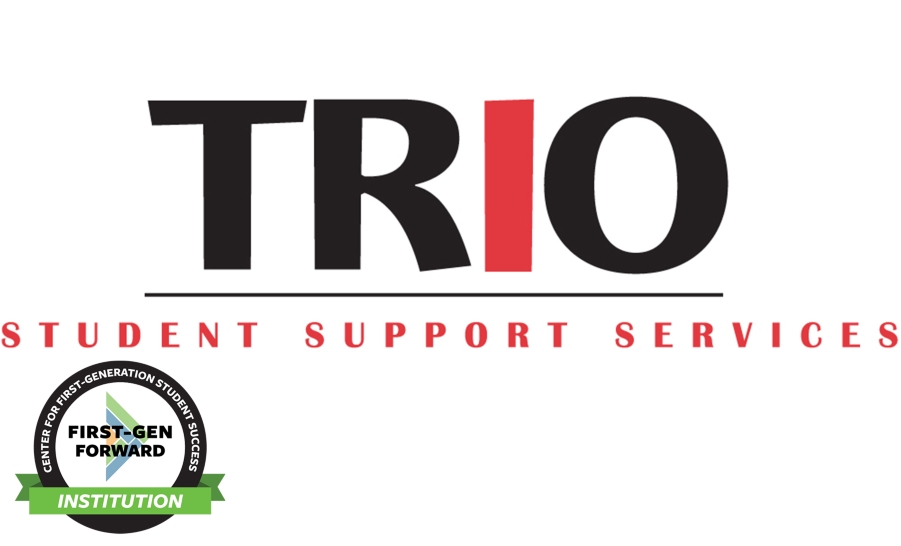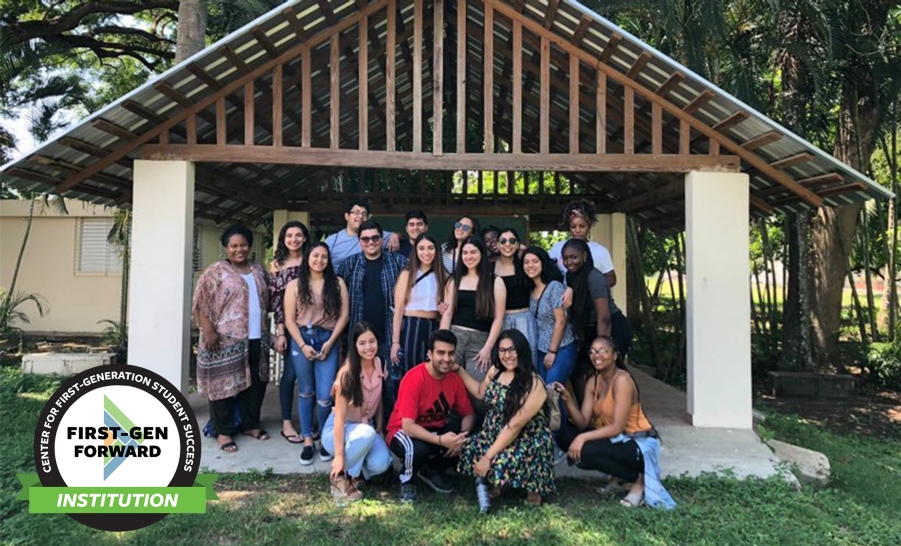From Planning to Pivoting: Centering First-generation Work in Foggy Times
Rashné Jehangir, Ph.D. & Terra Molengraff, M.A., University of Minnesota, Twin Cities / FirstGen Forward / April 17, 2020
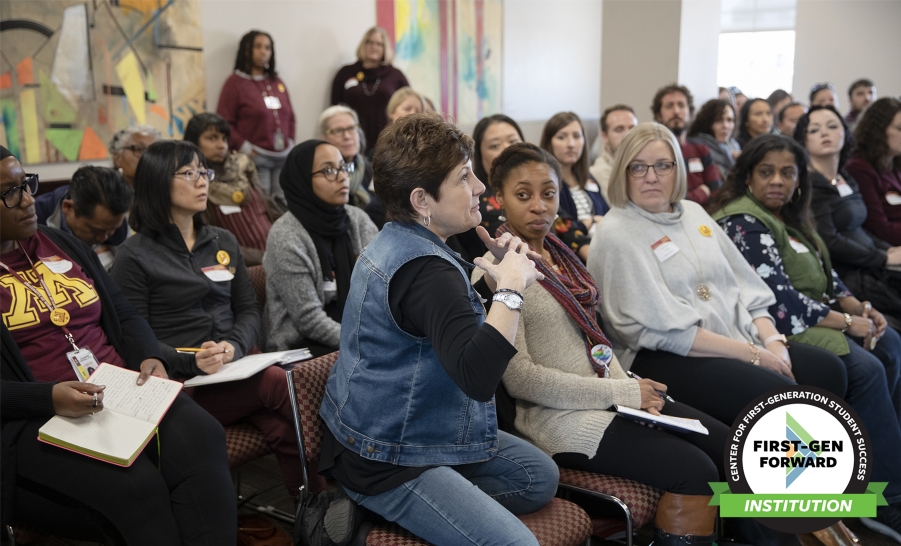
“Other people sacrificing causes us to stand up – Sometimes in the midst of pain, something very unusual happens and that is the very moment that people get up and nothing is the same after." –Dr. Rev William Barber
A month ago, we were deeply engaged in the work of planning for our second First Generation Institute at the University of Minnesota,Twin Cities. Then, the novel coronavirus (COVID-19) reared its head and required us to exercise a deep tolerance of ambiguity and to take deliberate steps forward in an uncertain fog. Even in the fog, we continue to want to see our students clearly, to contribute meaningfully to their future, and to learn from them.
This blog will highlight the history of our institutional commitment to first-generation students through the vehicle of the inaugural First Generation Institute in 2018 and reflect on how planning and thinking has required pivoting and recalibration as we plan for the second institute in 2020.
Where We've Been
In 2018, Professor Rashné Jehangir was the recipient of a Big Idea Grant, funded by the Dean’s Office in the College of Education and Human Development (CEHD) at the University of Minnesota. The grant created a funding source to host the inaugural First Generation Institute with the goal of enhancing visibility and understanding of first-gen students, strengthening partnerships and collaborations, and identifying gaps in serving first-gen students. CEHD is home to three federally funded TRIO programs. Of the students in the class of 2019, 37% are first-generation, 38% are students of color, and 34% are Pell eligible.
The first-gen movement has made progress with regard to visibility and attention to institutional rather than student readiness, and we will have to find ways to preserve this momentum.
As leaders in the endeavor of educational equity, we partnered with others to triangulate expertise and create a space of intentional efforts to support first-gen students by acknowledging key structural barriers and challenging the deficit narrative. Led by Dr. Jehangir, the Steering Committee brought together leaders from across campus. These collaborators continue to be essential in determining how best to serve first-gen student populations in various colleges and at the institution as a whole. The inaugural First Generation Institute in 2018 consisted of a number of curated sessions that drew on institutional expertise and student voices to demonstrate the intersectionality within first-gen identities and implications for first-gen students with other marginalized identities.
In addition to the Big Idea Grant, CEHD’s Dean Quam and Dr. Jehangir solicited funds from Deans from across the university. As a result of their generous contributions, the committee provided 10 micro-grants to advance and cultivate efforts to support first-gen student success. The decision to use funds to support idea generation and implementation of first-gen initiatives was a purposeful effort to move the work of a one-day conference into the fabric of the institution and cultivate collective ownership of the success of first-gen students.
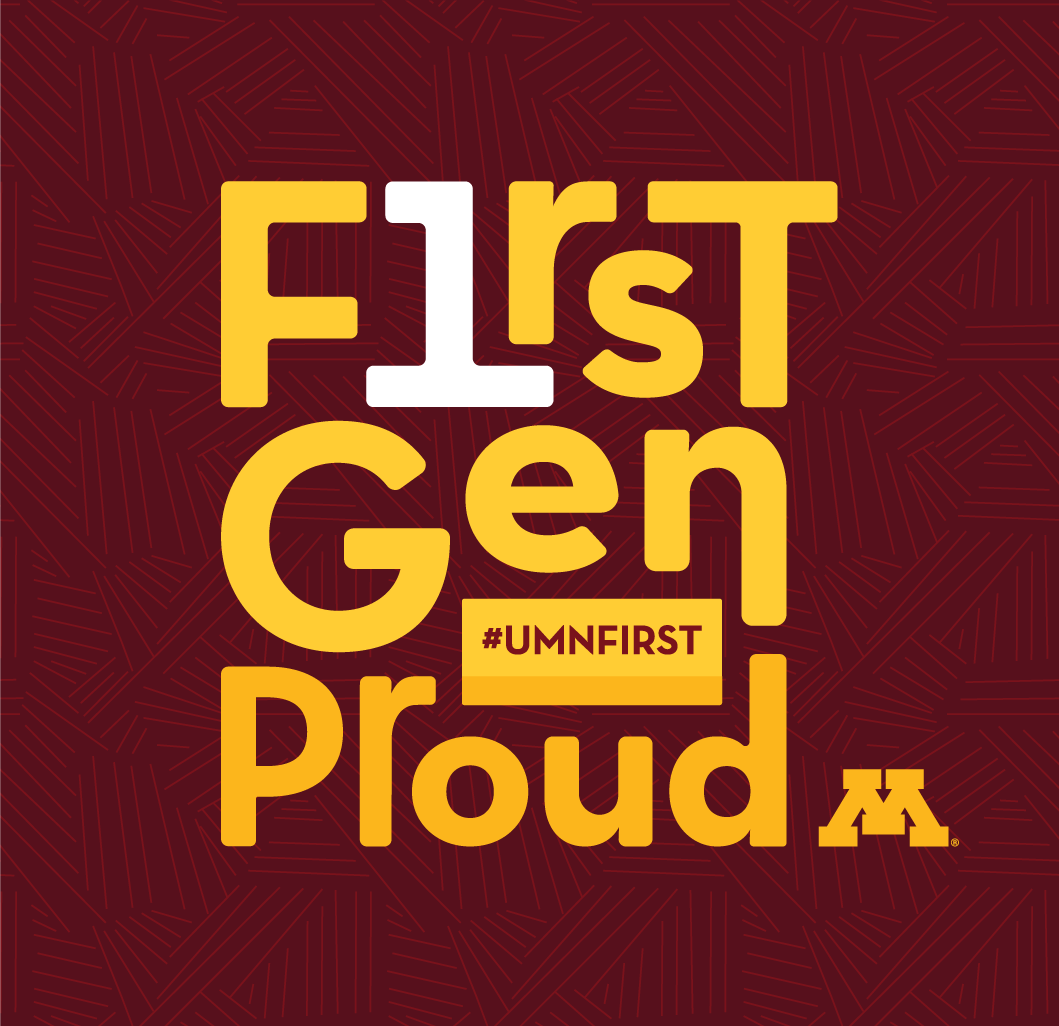 Where We're Going
Where We're Going

As we move forward with the 2020 First Generation Institute during uncertain times, our commitment rests on the conviction that there is a vital need for highlighting the inequities in higher education. In many ways, the current landscape has underscored the urgency of restructuring policy, practice, and pedagogy. One emerging lesson is the importance of community in lifting up when doubt creeps in and criticism when blind spots appear. The other is how our 2020 First Generation Institute creates space to discuss and enact institutional change related to inequities that have surfaced in light of COVID-19. The first-gen movement has made progress with regard to visibility and attention to institutional rather than student readiness, and we will have to find ways to preserve this momentum.
Planning for change in foggy times is challenging, but it is inherently hopeful and essential. We will need this community to continue to do the work.
